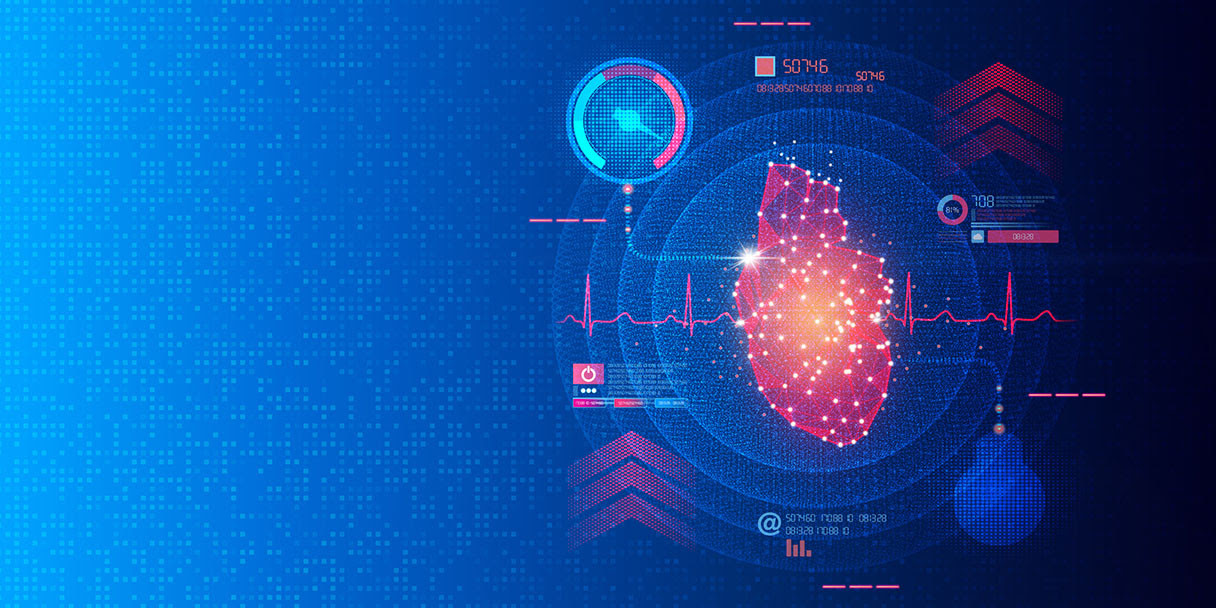AI Predicts Heart Attacks by Measuring Fat Around Your Heart

What You Should Know:
– New research from Cedars-Sinai uses artificial intelligence (AI) using a low-dose computed tomography (CT) scan to quickly and accurately measure heart fat, offering a promising tool for predicting and preventing heart disease.
– The technique, identified by the Division of Artificial Intelligence in Medicine and the Biomedical Imaging Research Institute at Cedars-Sinai, can help physicians better understand and manage heart disease risk in patients.
AI Can Accurately Assess Volume, Density of Heart Fat
Investigators included 8,781 patients from four clinical sites in their study. None of the patients had coronary artery disease–a type of heart disease–at the time of the study, and all underwent heart imaging. Key findings of the study include:
Faster and More Accurate: AI measures heart fat in under 2 seconds, compared to 15 minutes manually.
Stronger Risk Prediction: Larger and denser heart fat measured by AI is linked to higher risk of heart attack and cardiovascular death.
High Volume/Dense Heart Fat: The risk of heart issues was almost 3 times higher for those with both high volume and dense heart fat.
Validated by Study: The AI tool’s results aligned with previous research and held even after accounting for other risk factors.
“These findings validate the use of AI for quick and accurate heart fat measurement, highlighting a potential shift toward more AI-assisted diagnostic methods in cardiology,” said Sumeet Chugh, MD, Cedars-Sinai’s director of the Division of Artificial Intelligence in Medicine and associate director of the Smidt Heart Institute.
Benefits of AI-based measurement
– Faster assessment: Saves valuable time for doctors and improves patient experience.
– Improved accuracy: Reduces potential human error in manual measurements.
– Early risk prediction: Helps identify patients at higher risk for heart disease early on.
– Personalized management: Enables doctors to tailor treatment plans for individual patients.